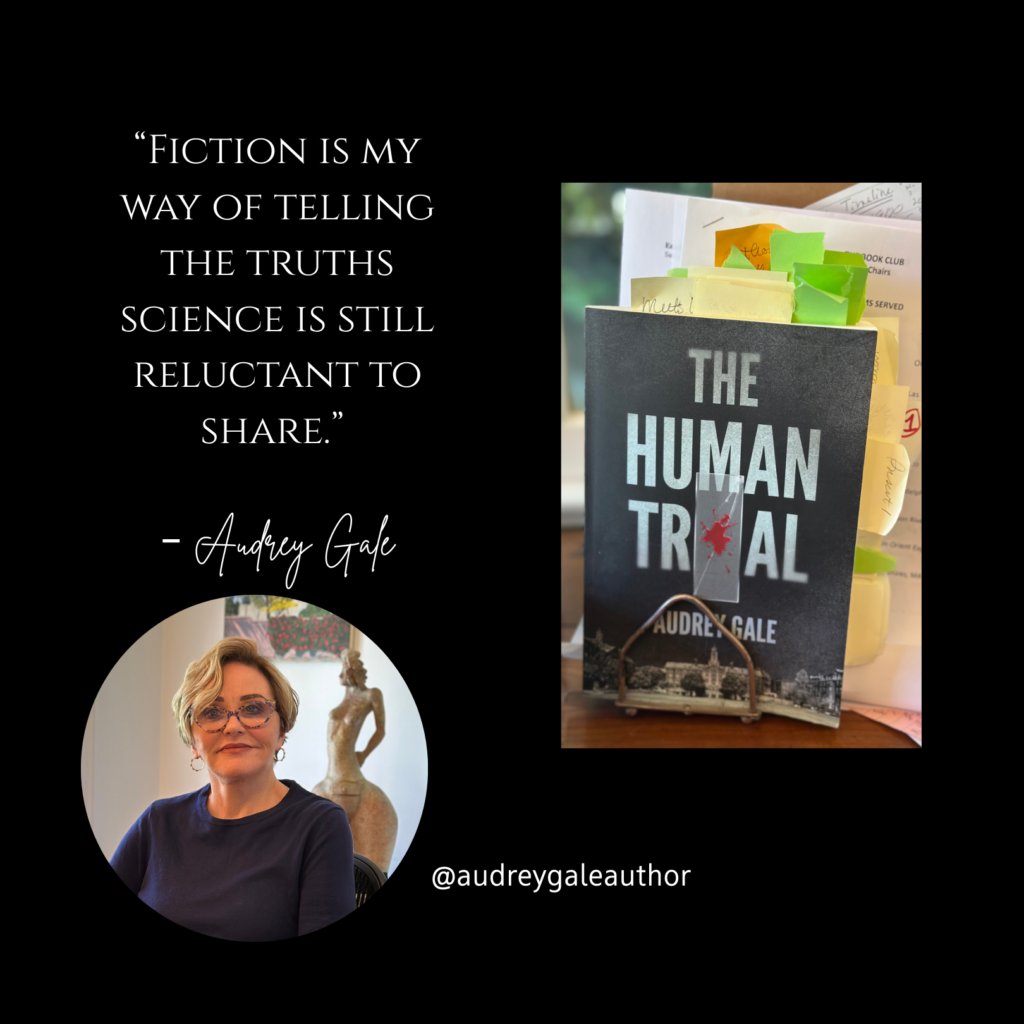When I first began writing The Human Trial, I knew I wanted it to be more than a page-turning thriller. I wanted it to make readers pause and ask: What if this isn’t just fiction?
That meant research. Lots of it. I immersed myself in the discoveries of scientists like Einstein and Bohr, whose work in the early 20th century opened doors we’re still reluctant to walk through today. I spoke with doctors, physicists, and healers. I read accounts of suppressed studies and theories that were too far ahead of their time.
The deeper I went, the more I realized how thin the line is between science and story. Facts can feel stranger than fiction. Fiction, meanwhile, can illuminate truths we might otherwise refuse to face.
This balance between fact and imagination is what drives me as a writer. The Human Trial is fiction, yes — but it’s fiction built on a foundation of history, science, and the questions we still need to be asking. And in writing the sequel, that balance feels more urgent than ever.
Stories have power. Sometimes, they’re the only way to tell the truths that matter most.

